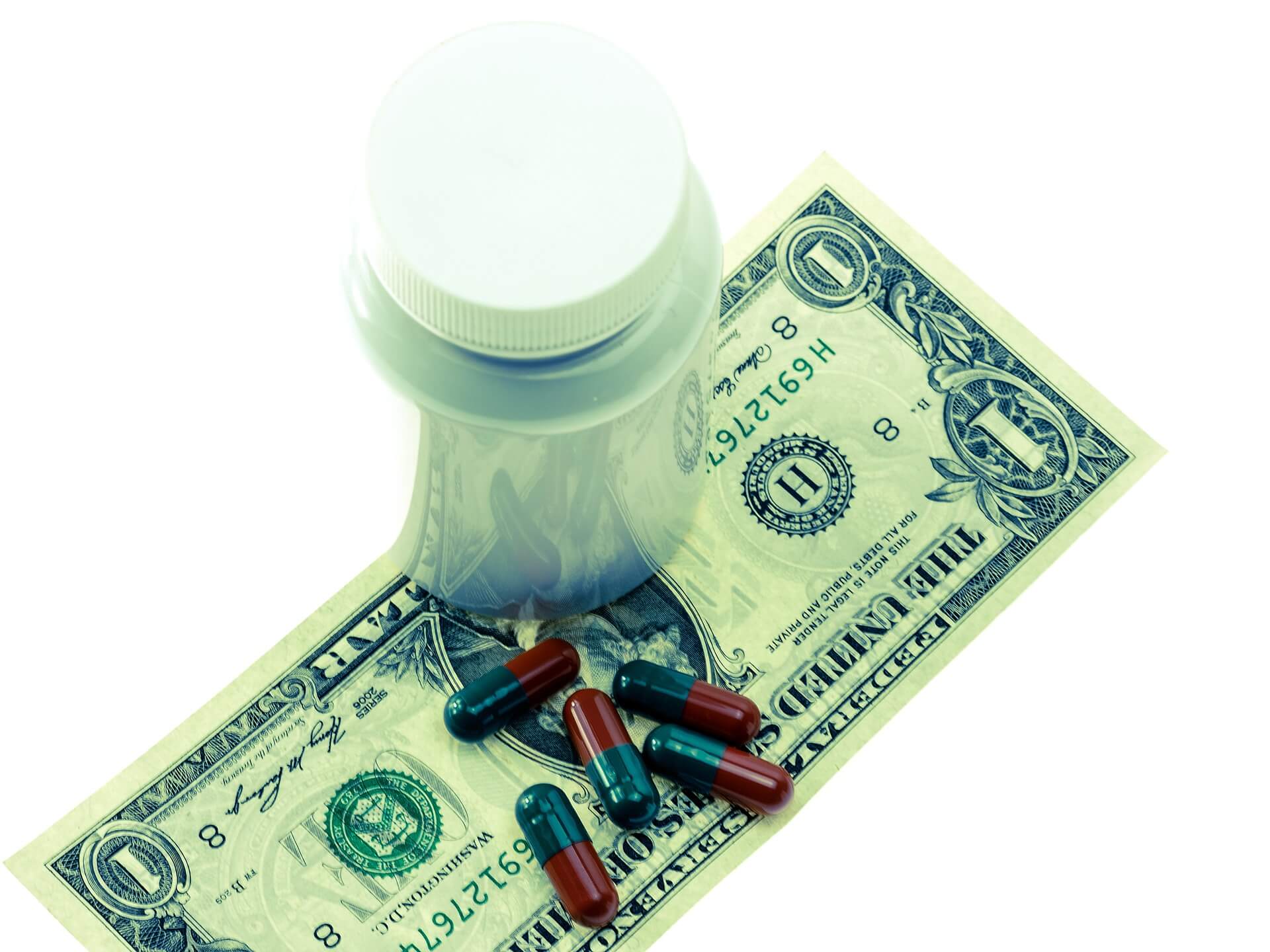
A 2014 report from the Consumer Financial Protection Bureau says that one in five Americans have some type of medical debt in collections. While you may have been told that medical debt does not affect your credit score, that’s a myth. According to Nerd Wallet, medical debt can drop your score by as much as 40% if you average 680 and as much as 100 points if your score is over 700. That can keep you from getting a mortgage, automobile loan or other loans you need.
The issue is complicated by hospital and doctor’s office billing procedures. Consumers may face two scenarios.
- The bill is turned over to collections before the consumer is even aware of the debt. Some medical facilities will use a third-party collector on debt that is just 60-days past due. You may not have opened the bill before you are sent to collections. Unless it is a large facility, you probably won’t get a courtesy call reminding you to pay the bill.
- You may not actually owe the bill—your insurance company does. Some insurance companies are slow to pay, even if the procedure or appointment is covered. In the meantime, the medical facility will come after you and if you don’t pay, you could be turned over to a collections agency. Some facilities will wait for the insurance company to pay but you need to make sure that the bill is still at the doctor’s office.
- Your bill has errors. A study of Medicare claims by Nerd Wallet discovered that 49% of all bills had errors. And about 57% of respondents said they were confused by their medical bills.
- The cost of healthcare is rising along with the cost of medical insurance. It’s harder for families to budget for medical expenses when they are not sure what they will be.
Another complication—many hospitals and doctor’s offices will no longer see you if you have an unpaid medical bill. That forces consumers to either not seek treatment or start over with another provider.
Some good news
A court case out of New York state may give some debtors relief. In 2015, Attorney General Eric Schneiderman investigated how medical debt was reported by the three main reporting agencies—TransUnion, Equifax and Experian. Based on that investigation, the credit reporting agencies have agreed to wait 180 days before listing an unpaid medical debt on a credit report.
What do you do?
Unfortunately, most of us have unforeseen illnesses and accidents and have to visit healthcare facilities. A major illness or accident can wipe out your savings and ruin your credit if you are not careful. But you don’t have to sit idly by and let that happen. Here are some tips you
- Keep an eye on statements from your insurance company. These statements will indicate what was paid and what was not paid. You may learn about unpaid bills faster this way.
- Monitor communications from your healthcare provider and your insurance company. The company may say the bill was paid but your doctor may still not have the funds. Remember, the medical provider will come after you if the insurance company doesn’t pay.
- Meticulously go over your hospital bill for errors. Do you not remember being given a $50 aspirin in the emergency room? Question it.
- Ask the hospital or medical provider about payment plans or discounts. Many will offer these as they want to get paid, even if it is more slowly than they would like. Some offer discounts based on your income and ability to pay.
Finally, don’t let hospital bills drive you to bankruptcy. Consider a debt relief plan that can save your credit and save you money.


